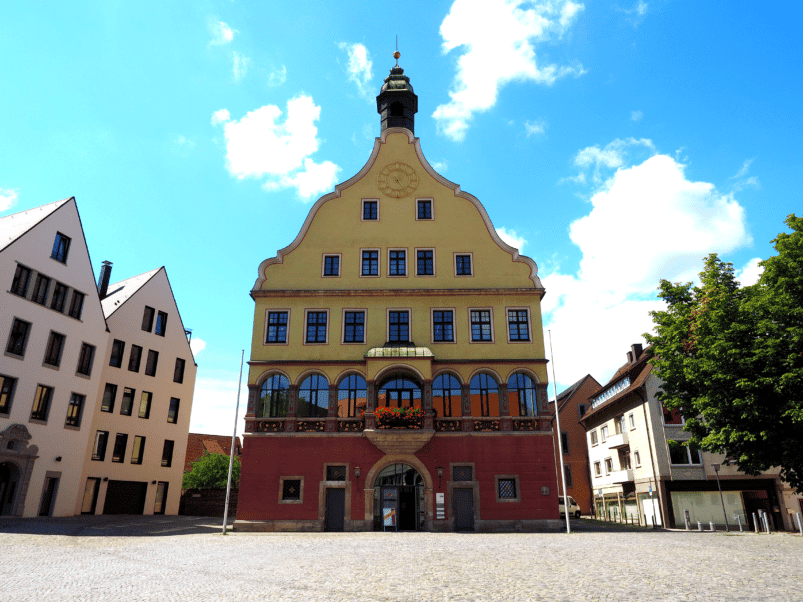Three German cities have succesfully applied their traditional Schwörtag, or ‘Oath taking day’ to the German UNESCO committee. This tradition stems from the days of the Holy Roman Empire and is still culturally important today.
Background of the tradition
Reutlingen, Ulm and Esslingen am Neckar have a specific tradition in common: the Schwörtag. During the Middle Ages, these cities became Free Imperial Cities, which means they fell directly under the Holy Roman Empire instead of a duchy. This gave them more independence than other German cities.
On the Schwörtag, citizens of Free Imperial Cities would make an oath to their local government. The actual oath-making hasn’t been done in about 200 years, but in these three cities the tradition is still an important holiday. According to the mayors of Reutlingen, Ulm and Esslingen, this holiday connects people not only to the past, but also to each other.
For the mayors, the inclusion of their tradition in the German intangible cultural heritage register is very important. To paraphrase dr. Jürgen Ziegler, mayor of Esslingen: the Schwörtag shows how people can be very committed to their city and community, and vice versa.
Source: Reutlingen.de (German). This article was brought to our attention by European Heritage Youth Ambassador Jennifer Wenzler.
To read more about intangible heritage, click here or check out one of the tags below:

